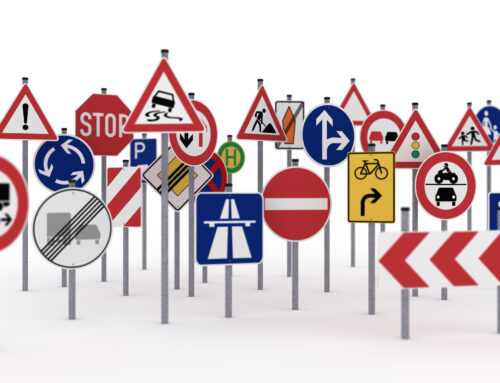As COVID-19 outbreak continues to have an impact on us all globally, the personal impact on maintaining psychological and mental health in an uncertain crisis can be difficult.
Social isolation is becoming our new normal with many of us working from home and using ‘stay home’ measures.
This evolving and escalating situation can considerably increase personal stress. There is an element of unknown and fear. In these circumstances, it is essential to access timely, accurate, and verified information while taking proactive steps to self-protect.
International SOS and Affinity Health have shared 10 evidence-based suggestions to support mental wellbeing during this crisis:
-
Research and learn
Do as much research as you can about the risks and resources available. Consider which might be your touchpoints for risk and what you could do to mitigate any risk.
-
Accept your worries
Having an emotional reaction, being anxiety, fear, anger or frustration, is normal and a sign that our body’s natural protective mechanisms have been triggered. Research has shown having a moderate level of anxiety means you are more likely to take precautions and engage in health-seeking behaviours compared to those who are not concerned. Further, accepting that these feelings are normal, instead of suppressing them, has been shown to make them less prominent in our minds.
-
Look after yourself
Ironically, the time when we most need to look after ourselves is often the time when we are least likely to. By looking after yourself and engaging in positive behaviours such as getting good sleep, eating a balanced diet and exercising, you will be protecting yourself both physically and psychologically from this virus. Taking some proactive steps to relax your mind and body can assist you enormously. Jump onto my site to get you Free relaxation session now
-
Consider the information you receive
How credible is the source? Is the information rational? Is it factually accurate? Could it be heightening your feelings of concern at the moment? Challenge the information you receive by questioning how sensible and free from bias it is. Trusted outlets and sources are the only way to obtain relevant and accurate news without the hype and sensationalism.
-
Focus on what you can control
When we feel that a threat is uncontrollable and there’s nothing we can do about it, we are less likely to engage in problem-solving or respond flexibly to new situations, to protect ourselves. Studies have shown when we feel we can have a level of control, we respond more positively. Listening and following advice gives us a level of control, enabling us to cope better, thereby reducing our fear and anxiety.
-
Think about prevention, not avoidance
Research has shown that for this type of threat, three responses are most common:
- wishful thinking – believing this will all blow over, maybe the ones less likely to adopt preventative measures
- support seeking – understand the threat and taking proactive steps to learn and protect
- empathetic responding – the most effective coping response is the empathetic one as we consider how others are thinking and feeling. These individuals are more likely to engage in productive health behaviours and preventative measures.
-
Think about your impact on others
How might your family and friends feel about you and your potential exposure to risk by your travelling? What could you be doing differently that would help others? Thinking about others may help you focus on looking after yourself and engaging in preventative measures more consciously.
-
Focus on the present moment
In a threat such as this, we find ourselves worrying about the ‘What if’ and ‘What might happen’ in the future. This can lead to us feeling overwhelmed and paralysed with concerns that we have no control over. It is essential to take a step back and focus on what is happening here and now. Divide up your day into smaller tasks and focus on each task one at a time. You may attempt mindfulness techniques or meditation to help relax.
-
Be prepared to say no
Employers have a duty of care to protect employees’ physical and mental health. Be prepared to put yourself, and your health, before the demands of your role. If you feel pressured to undertake an activity that may place you at risk, take proactive steps to protect yourself or offer solutions to reach a compromise.
-
Don’t be afraid to ask for help
Feeling overwhelmed by fear is likely affecting both your home and work life. Obtaining benefit from some professional support is beneficial. With the right planning and measures, including mental health considerations, individuals and organisations will be in the best position to respond and protect themselves. If you need help, please contact me or go through your workplace EAP provider. Stay safe :)
References:
COVID-19: 10 tips to help support mental wellbeing | HRD Asia.
Looking After Yourself During the Coronavirus Outbreak. https://www.internationalsos.com/client-magazines/looking-after-yourself-during-the-coronavirus-outbreak






